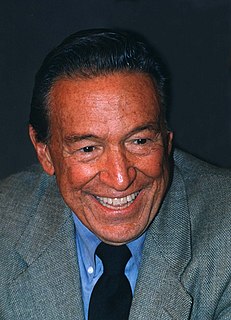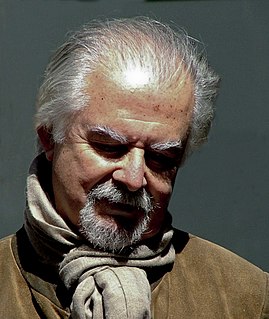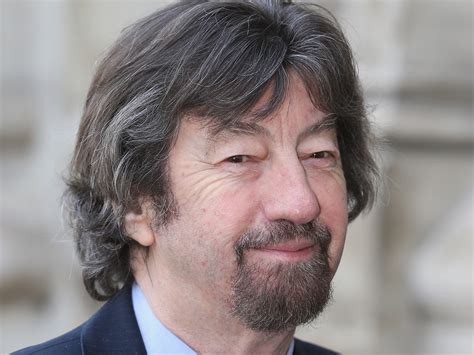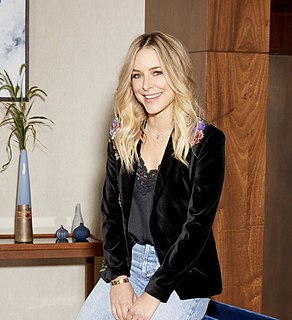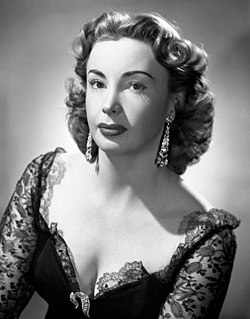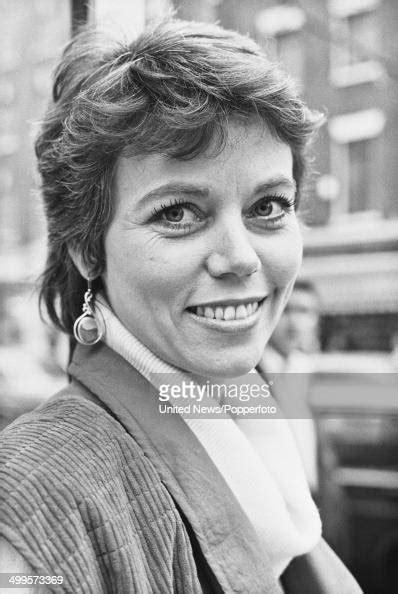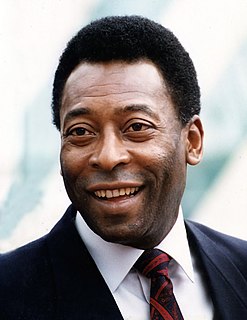A Quote by Ai Weiwei
I never felt like a Chinese citizen because I was pushed away at a very young age. My father, a writer, was a national enemy of the Communist Party. He was forbidden to write for 20 years. We literally lived underground. We dug a hole and lived there for years. My father cleaned public toilets, even though he was a highly respected poet. Nationality and borders are barriers to our intelligence, to our imagination and to all kinds of possibilities.
Quote Topics
Age
All Kinds
Away
Barriers
Because
Borders
Chinese
Citizen
Communist
Communist Party
Dug
Enemy
Even
Father
Felt
Forbidden
Highly
Hole
Imagination
Intelligence
Kinds
Like
Literally
Lived
National
Nationality
Never
Our
Party
Poet
Possibilities
Public
Pushed
Pushed Away
Respected
Though
Toilets
Underground
Very
Write
Writer
Years
Young
Young Age
Related Quotes
Public lives are lived out on the job and in the marketplace, where certain rules, conventions, laws, and social customs keep most of us in line. Private lives are lived out in the presence of family, friends, and neighbors who must be considered and respected even though the rules and proscriptions are looser than what's allowed in public. But in our secret lives, inside our own heads, almost anything goes.
I am a Mexican. The United States lived seventy-five years with the one party system in Mexico - the PRI - without batting an eyelid, never demanding democracy of Mexico. Democracy came because Mexicans fought for democracy and made a democracy out of our history, our possibilities, our perspectives. Democracy is not something that can be exported like Coca-Cola. It has to be bred from the inside, according to the culture, the conditions of each country.
My mother married again after my father's death - another Royal Air Force officer, and a very different kind of man. We went to Australia when I was eight or nine. We lived there for a couple of years, and then came back and lived in North Wales for the whole of my teenage years... I learned how to write poems quite a lot. I just had a good time reading and reading and reading. So that's where I did most of my growing up.
Seventeen's not so young. A hundred years ago people got married when they were practically our age." "Yeah, that was before electricity and the Internet. A hundred years ago eighteen-year-old guys were out there fighting wars with bayonets and holding a man's life in their hands! They lived a lot of life by the time they were our age. What do kids our age know about love and life?
I remembered some people who lived across the street from our home as we were being taken away. When I was a teenager, I had many after-dinner conversations with my father about our internment. He told me that after we were taken away, they came to our house and took everything. We were literally stripped clean.



